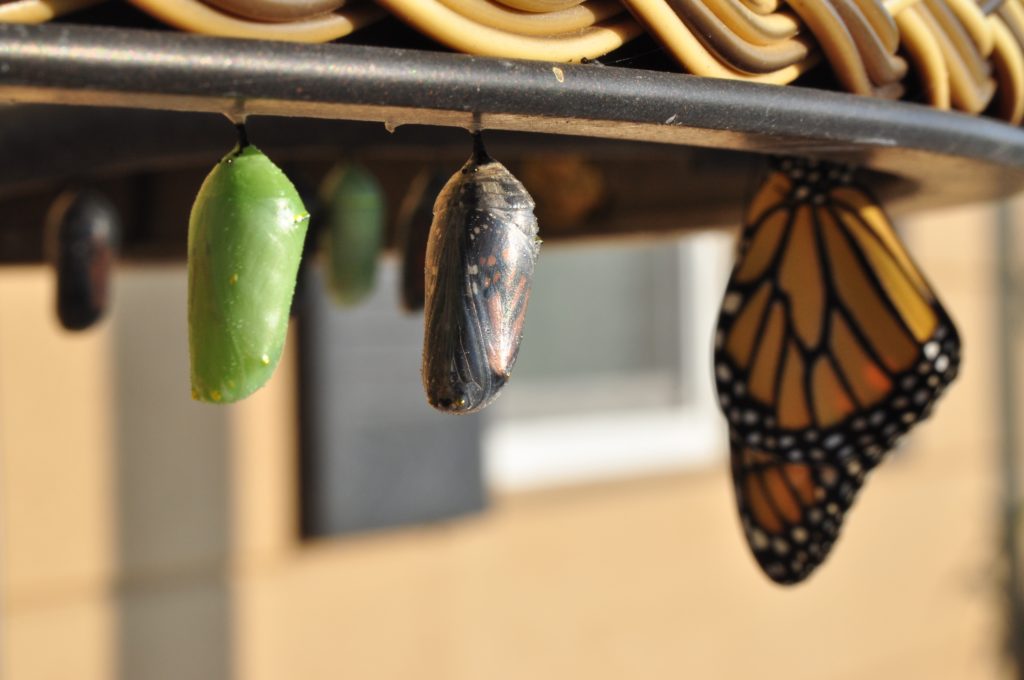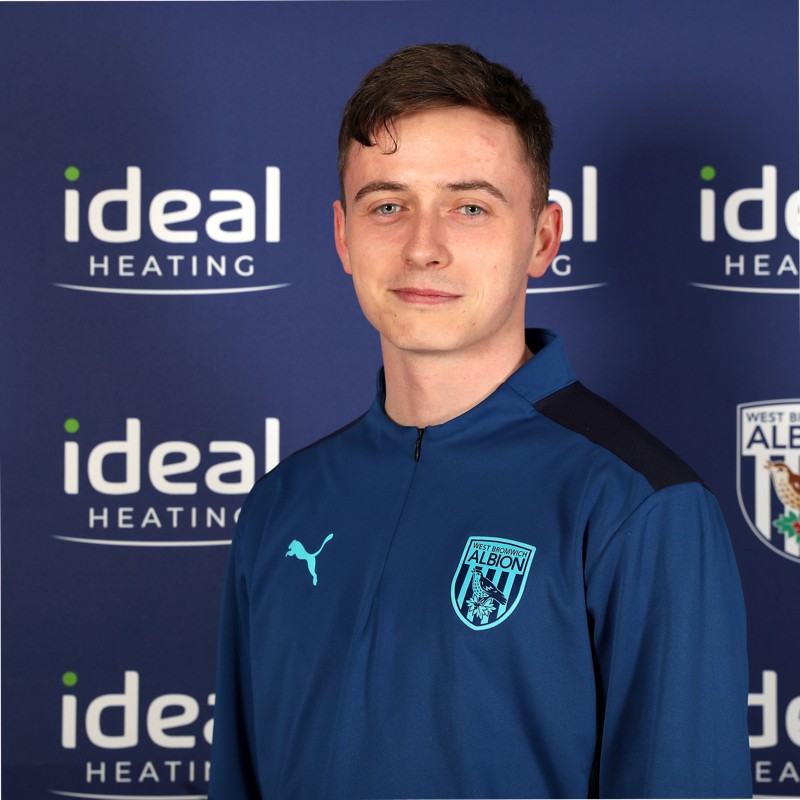By Dean Morgan (PhD Candidate)

Photo by Suzanne D. Williams on Unsplash
They say timing can be everything when making a decision, and in this case, I certainly believe that to be true. When my new position became available, the conversations were on whether it was possible to juggle a PhD, a full-time job as well as other ambitious endeavours (BASES, UKSCA etc.), all while avoiding burnout and giving up. With some encouragement from the people around me, I decided to apply and put myself into the process. Luckily, I was already at the club on a PhD studentship, so I was known to the potential employers, which was beneficial as they knew my situation.
When I was successful with my application, a whirlwind of thoughts flooded my head. Was I ready? What would this mean for my PhD agreement between the club and the University? Will this jeopardise data collection? To subdue my negative thoughts, I reflected on what I had achieved in the first 2 years of the PhD. This included formulating a project idea, applying for ethics, attending meetings regularly, writing chunks of my thesis and collecting data in adolescent footballs, to name a few. All of this while working full-time commitments and embedding myself as a pivotal member of their sport science program.
So, with the transition, naturally came a heightened pressure and expectation to deliver, which led me to believe moving the PhD to part-time may be the right move. But when I took a step back and looked at the new schedule in contrast to what I had been in before, there were no stark differences concerning workload that couldn’t be overcome by some grit, determination, good planning, and a slice of luck along the way. And so, I decided to keep my PhD full-time.
In all honesty, the first month of moving to a full-time job alongside a full-time PhD has been a bit of a blur, but I managed to cling on and enjoy the ride. The first two weeks were very much a transitional period, in which I continued with the program that was in place and got used to the schedule. One of the first things that changed was my communication and reports that were disseminated to coaches and key stakeholders. This is because I believe every practitioner has certain ways of delivering messages, and I wanted this change to reflect my style and how I position myself within the environment.
One of the key challenges was dropping into a macro/micro plan mid-season. This challenges you as a practitioner to get up to speed with what the players have done before you arrive, what they will be facing in the coming weeks and if the correct plans and processes are in place for optimal performance while also developing them athletically. On top of this, players who are mid rehab, are now on your case list. Like the previous point, this then requires a full audit of each player’s injury, the stage they are at, the testing/rationale that was used to place them in that stage, and what they need to achieve in order to return to train, then compete, then perform.
Apart from these challenges, the elephant in the room still stuck around; the PhD. How could I possibly step into a full-time elite-level program and put my stamp on it, and not let the PhD work fall by the wayside. This was pretty simple and reminds me of how lucky I am to be surrounded by supervisors and practitioners who have experienced what I am going through right now. The message has always been clear from the start and it goes something like this; “just keep on keeping on”. In other words, keep the momentum going, no matter how small it may seem. In my eyes, the little pebbles (or pieces of work) come together to form the big rocks.
I have always been the same when it comes to my work ethic. I enjoy a day off just as much as the next person. However, I believe I thrive when put under pressure and asked to produce. So, although I often open my notes and realise just how much work has to be done with the numerous plates that I am spinning, I also look back at how far I’ve come, and that makes the journey ahead not seem so bad.

dxm193@student.bham.ac.uk

Fair play Deano! Proud of you! J